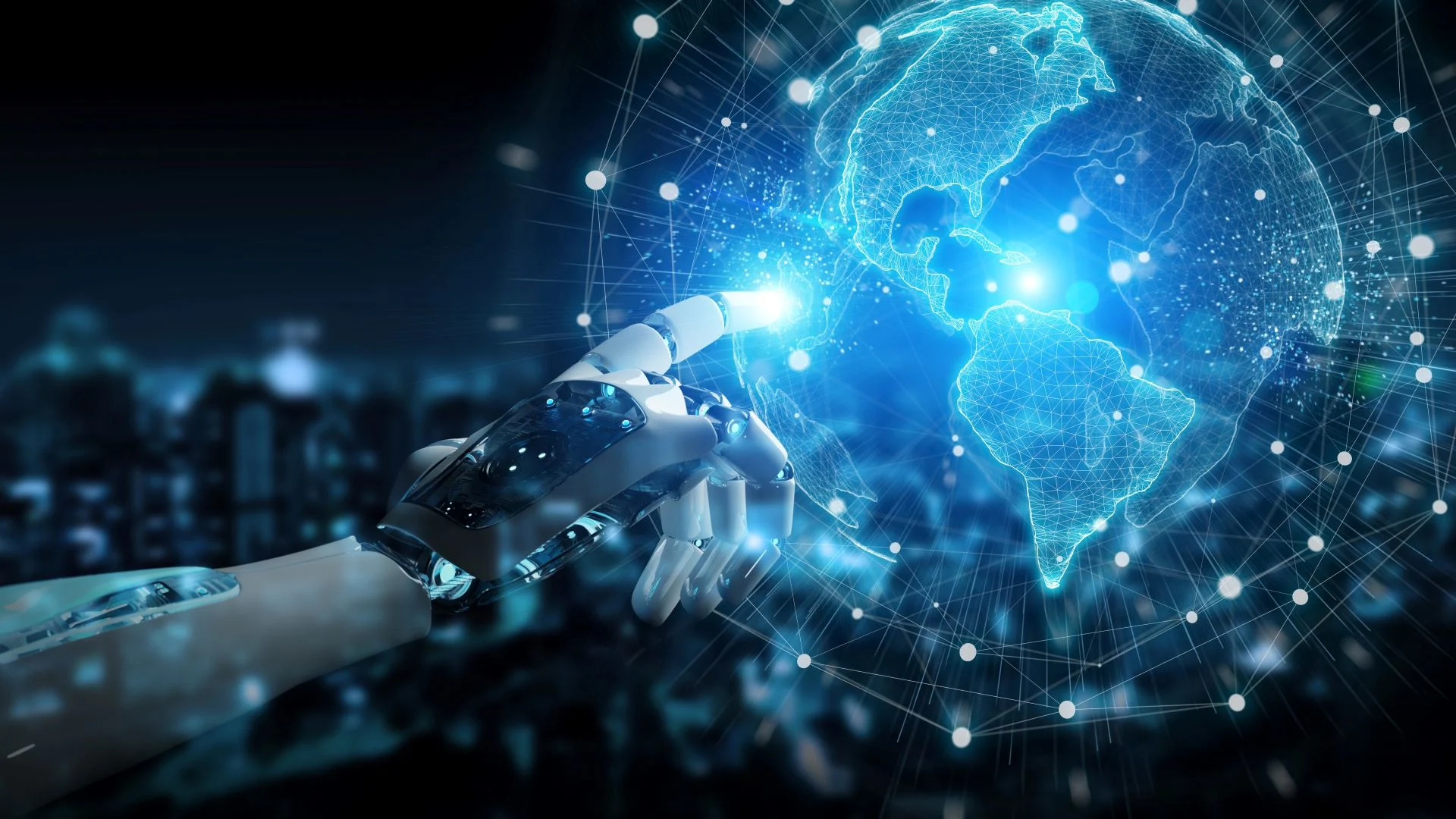The integration of artificial intelligence (AI) into various industries is transforming job markets and operational practices globally. As companies increasingly adopt AI technologies, employees face both challenges and opportunities. This article explores how workers can remain competitive and thrive in an AI-driven economy.
The AI Impact on Employment
AI’s influence on employment is extensive, affecting sectors from customer service to high-level analytics. Automated systems are now handling tasks that were traditionally performed by humans, such as managing customer inquiries, bookkeeping, and even complex data analysis. While AI may streamline operations and reduce costs for employers, it also poses significant risks to job security for many roles traditionally filled by humans.
Opportunities for Upskilling and Reskilling
To stay relevant in the AI-augmented workforce, employees must adapt by acquiring new skills that AI cannot easily replicate. Skills in areas like AI development, data analysis, and cybersecurity are increasingly valuable. Additionally, roles that require high emotional intelligence, creativity, and strategic decision-making, such as in leadership, counseling, and legal services, are less likely to be automated and more likely to see growth.
Leveraging AI for Career Advancement
Instead of viewing AI as a threat, employees can see it as a tool to enhance their capabilities. For example, AI can assist researchers and developers by managing routine tasks, allowing them to focus on more creative and strategic aspects of their work. Professionals can use AI to gain insights from large datasets quickly, enhance decision-making processes, and improve productivity.
Corporate Responsibility and AI Integration
Businesses have a crucial role in ensuring that their workforce transitions smoothly into the AI-driven landscape. This includes providing training programs and resources to help employees upskill in relevant areas. Companies must also consider the ethical implications of AI, such as the potential for increased surveillance and the need for transparent AI decision-making processes.
The rapid advancement of AI technology does not have to signal the end for human employment. Instead, it presents a unique opportunity for employees to enhance their skills and embrace new roles that AI technology may facilitate. By proactively adapting to AI advancements, both employees and employers can thrive in a future where human ingenuity and artificial intelligence work hand in hand.







